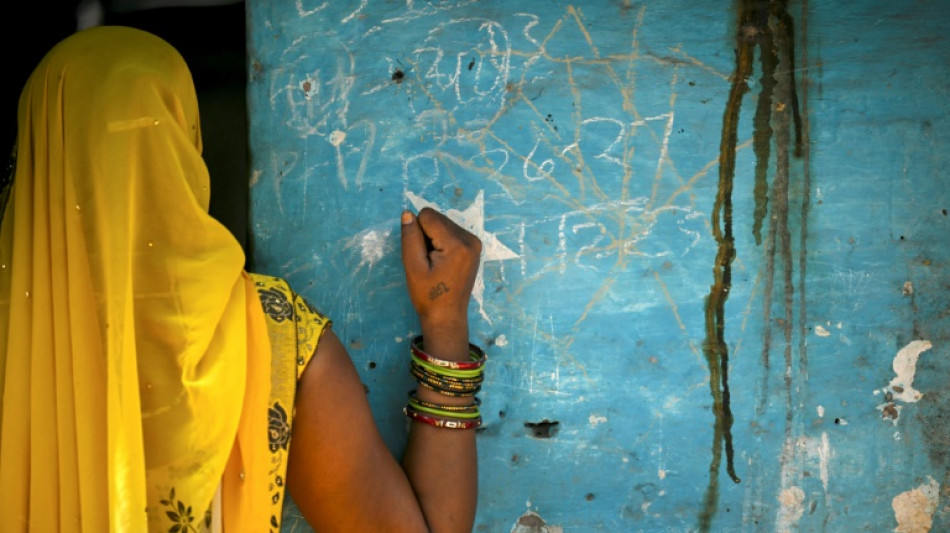

India to ask caste status in next census for first time in decades
India will conduct its first official caste census since independence, the government announced on Wednesday, a move likely to have far-reaching consequences for its politics and contentious affirmative action policies.
Caste remains a crucial determinant of one's station in life in India, with higher castes the beneficiaries of ingrained cultural privileges and lower castes suffering entrenched discrimination -- and a rigid divide between both.
More than two-thirds of India's 1.4 billion people are estimated to be on the lower rungs of a millennia-old social hierarchy that divides Hindus by function and social standing.
The decision to include detailed caste data as part of the next census -- originally due in 2021 but yet to take place -- was approved by a government meeting headed by Prime Minister Narendra Modi.
"The Cabinet Committee of Political Affairs has decided today that caste enumeration should be included in the forthcoming census," government spokesman Ashwini Vaishnav told reporters.
"This demonstrates that a government is committed to the values and interests of a society and country."
No date has been announced for the next census.
Caste data was last collected as part of the official census exercise in 1931, during British colonial rule that ended with Indian independence 16 years later.
Successive governments have since resisted updating the sensitive demographic data, citing administrative complexity and fears of social unrest.
A caste survey was conducted in 2011 but its results were never made public because they were purportedly inaccurate.
That survey was separate from the 2011 general census, the last time the world's most populous nation collected demographic data.
Modi's Hindu nationalist Bharatiya Janata Party has in the past opposed the idea of enumerating people by caste, arguing it would deepen social divisions.
Proponents say detailed demographic information is crucial for targeted implementation of India's social justice programmes, including earmarking nearly half of all university seats and government jobs for socially disadvantaged communities.
Modi himself belongs to a low caste and has in the past said he wants to improve the living standards of all irrespective of birth status, saying that for him, the four biggest "castes" were the poor, youth, women and farmers.
B.A.Bauwens--JdB



